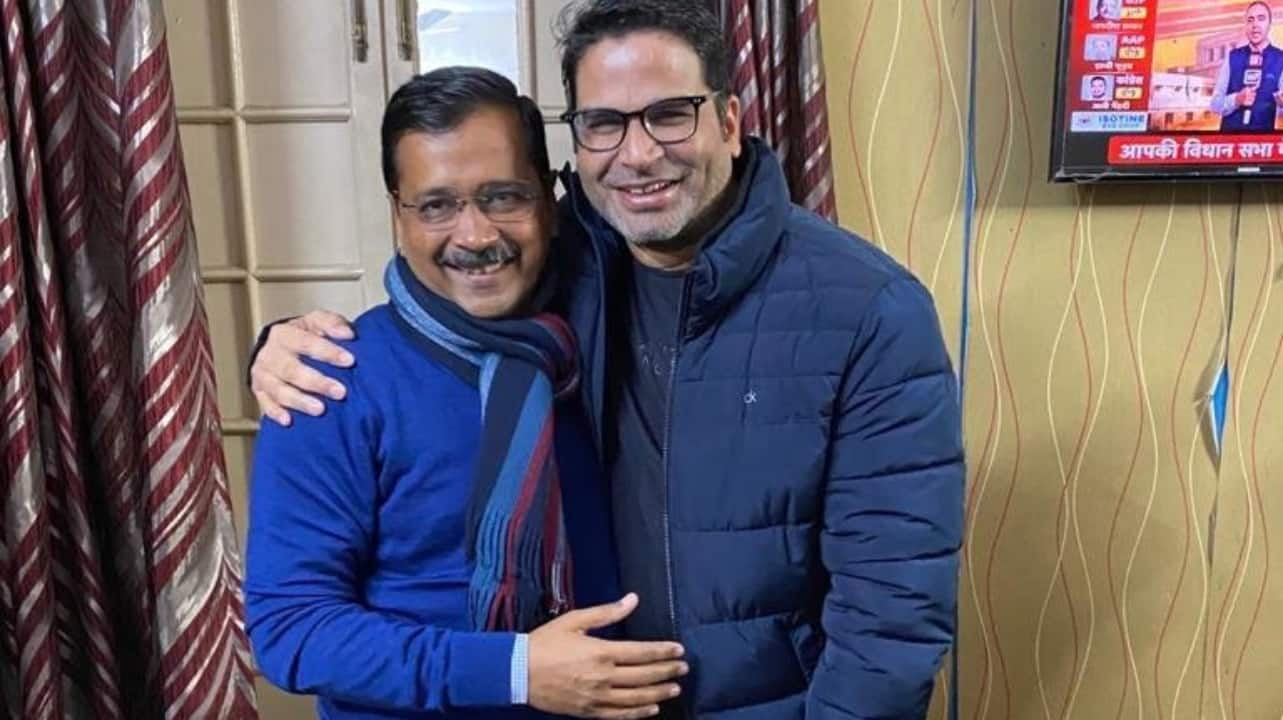 |
|
Prashant Kishor's analysis of the Aam Aadmi Party's (AAP) resounding defeat in the recent Delhi Assembly elections points to a confluence of factors, primarily centered around the actions and decisions of Chief Minister Arvind Kejriwal. Kishor, in an interview with India Today, highlights the significant role of ten years of anti-incumbency, arguing that the electorate's weariness with the AAP government contributed substantially to the BJP's victory. This long period in power inevitably led to a build-up of dissatisfaction among voters, irrespective of specific policy successes or failures. The sense of stagnation, even amidst achievements, created an opening for the opposition BJP to capitalize on.
A pivotal point in Kishor's assessment is Kejriwal's handling of his arrest in the liquor policy scam. He contends that Kejriwal's decision to remain in office after the arrest, rather than stepping down, was a severe strategic miscalculation. The perception of clinging to power despite facing serious allegations likely damaged his image and eroded public trust. Kishor suggests that a timely resignation, followed by the appointment of another AAP leader as chief minister, might have presented a more favorable image, allowing the party to distance itself from the controversy and potentially mitigate the negative impact on the election outcome. This highlights the delicate balance between political expediency and maintaining public confidence, a balance Kejriwal seemingly failed to achieve.
Further compounding the challenges faced by AAP was Kejriwal's shifting stance regarding the INDIA bloc, an alliance of opposition parties. Kishor criticizes Kejriwal's initial involvement with the bloc, followed by his withdrawal before the elections, as a detrimental move. This indecisiveness damaged his credibility in the eyes of many Delhi voters, who may have perceived it as a sign of political opportunism or weakness. The inconsistency in his approach, seemingly motivated by short-term tactical considerations, ultimately overshadowed any long-term strategic gains that might have been obtained through consistent alignment with the opposition. This suggests a flawed approach to coalition building and the importance of maintaining a clear and consistent political narrative.
Beyond the political maneuvering, Kishor emphasizes the importance of concrete governance achievements. He notes the AAP government's failure to adequately address issues such as persistent waterlogging, subpar road conditions, and the struggles faced by residents of slum areas. These failures, he argues, exposed shortcomings in the AAP's governance model and directly impacted the lived experiences of Delhi's citizens. The lack of visible progress in addressing these fundamental concerns, despite years in power, fuelled public discontent and paved the way for BJP's successful campaign highlighting these shortcomings. This underscores the crucial need for effective governance and tangible improvements in the lives of ordinary citizens to secure electoral success.
In conclusion, Prashant Kishor's analysis offers a multi-faceted explanation for AAP's defeat in Delhi. It emphasizes the combined effect of long-term anti-incumbency, questionable strategic decisions by Arvind Kejriwal concerning his response to the liquor policy scandal and his engagement with the INDIA bloc, and a failure to effectively address pressing civic issues. The combination of these factors created a perfect storm that allowed the BJP to capitalize on public dissatisfaction and secure a convincing victory, ending AAP's decade-long reign in Delhi. The analysis serves as a valuable case study in electoral politics, highlighting the complexities of maintaining power and the importance of strategic decision-making, effective governance, and maintaining public trust.
Source: Prashant Kishor gives reasons behind AAP's defeat in Delhi: 'Kejriwal should have ...'
